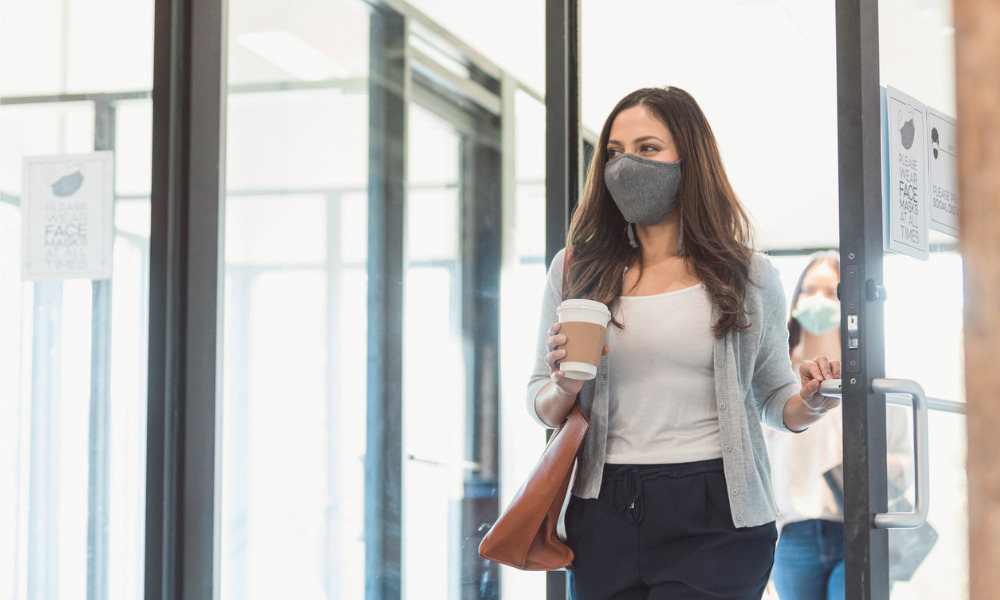
As fear spreads over Omicron variant, what can HR leaders do to ease concerns of employees?

More than half of New Zealand’s workforce has expressed concern about returning to the workplace amid the outbreak of new COVID-19 variants, a new study has revealed.
The ELMO Employee Sentiment Index revealed that 64% of workers are concerned about being in the workplace due to the new COVID-19 strains, while 63% of employees are uncomfortable of working alongside unvaccinated colleagues.
Such figures could be the reason why 76% of employees surveyed have expressed support for mandatory vaccinations against COVID-19, an increase from the 66% in the July to September quarter.
The findings come following the outbreak of the Omicron variant in New Zealand, with authorities making moves to stamp out its spread by implementing a three-phased response.
Read more: Employers call for more clarity for workplaces amid Omicron threat
Danny Lessem, chief executive officer and founder of ELMO software, said in a statement that employers need to be prepared to manage the concerns of employees as COVID-19 impacts their wellbeing.
"Managing the spread of the Omicron variant in the workplace will need to be high on employers' agenda as 64% of workers are concerned about being at work while new variants are spreading," he said.
"However, employers might have greater means to introduce tougher COVID-19 measures with support for mandatory vaccinations in the workplace climbing to 76%."
New Zealand plans to introduce a "test to return to work" policy for critical workers should become close contacts of confirmed COVID-19 cases. This will only start, however, during the Phase 2 of its COVID-19 plan.
Prime Minister Jacinda Ardern recently warned that she is expecting New Zealand's cases to peak between 10,000 and 30,000 cases a day, as the country reports record-high daily case numbers as of late.
"While there's uncertainty in case numbers, if you looked at low case profiles in a place like say South Australia and you applied that to New Zealand, you would have something like 10,000 cases a day at its peak," said Ardern as quoted by The Guardian.